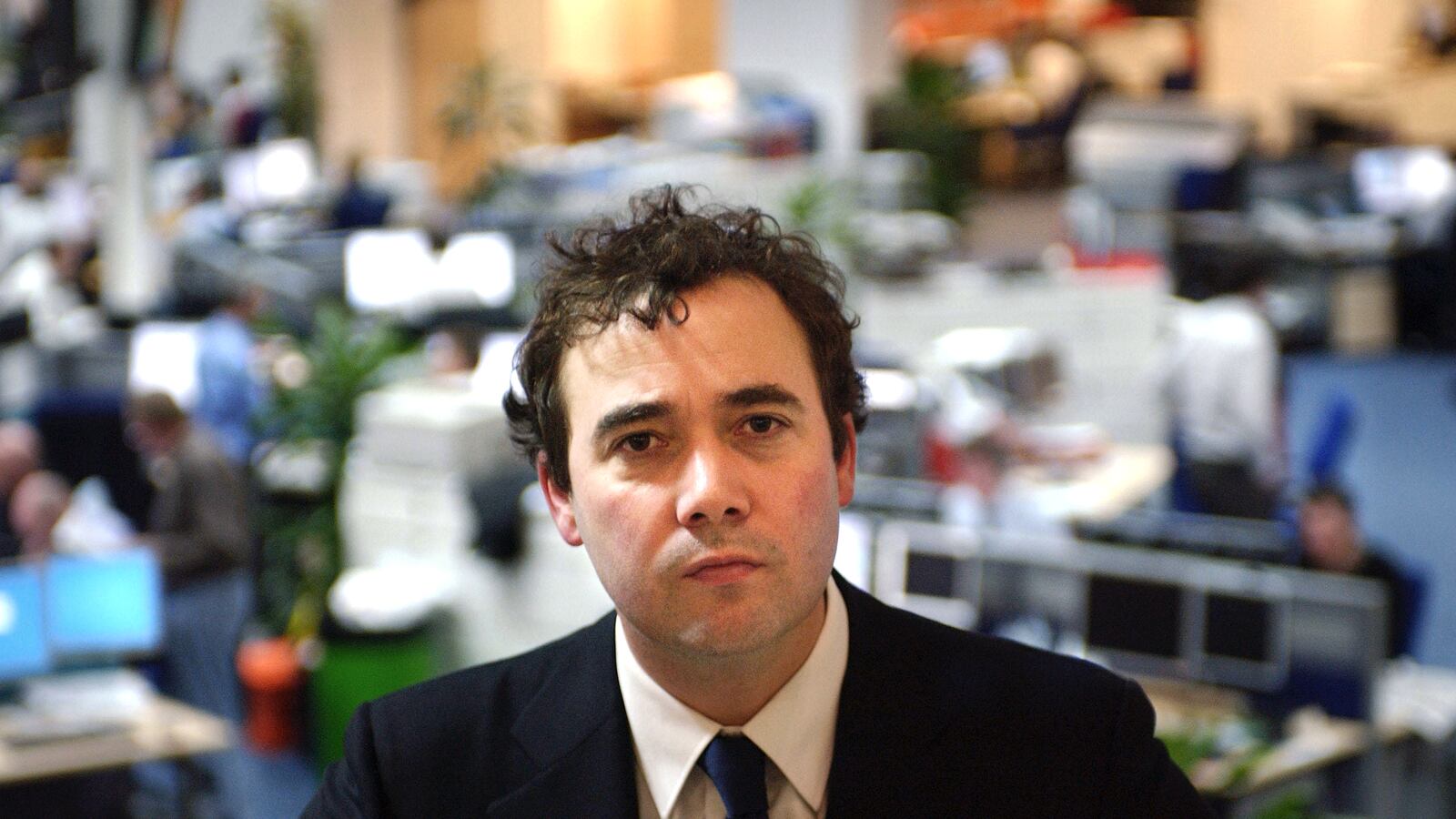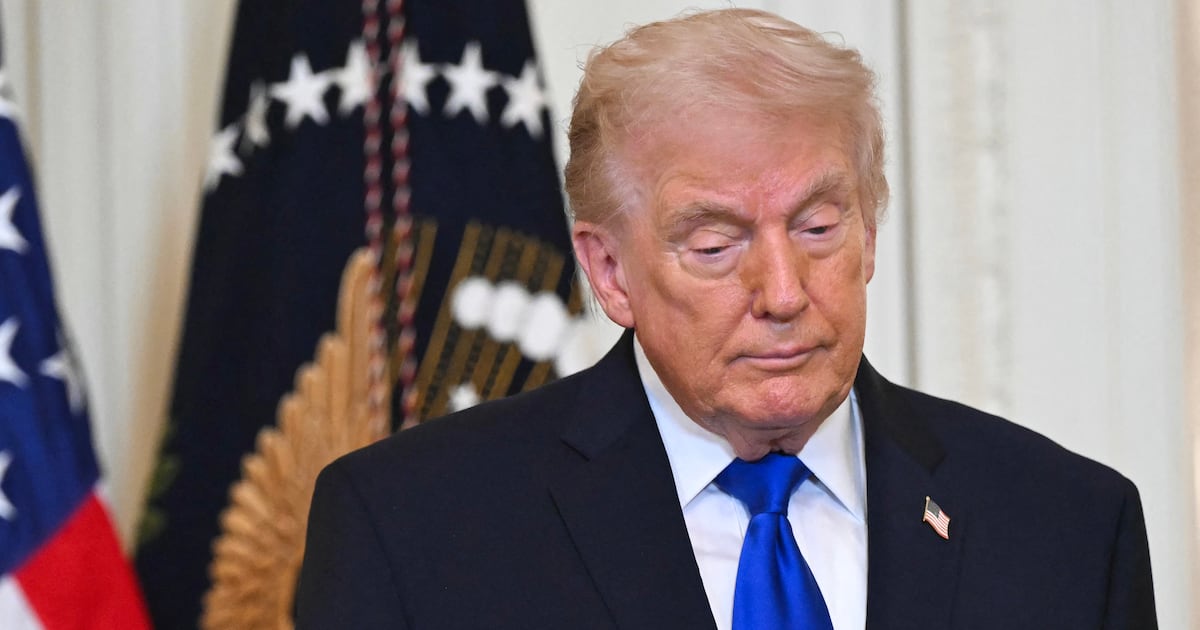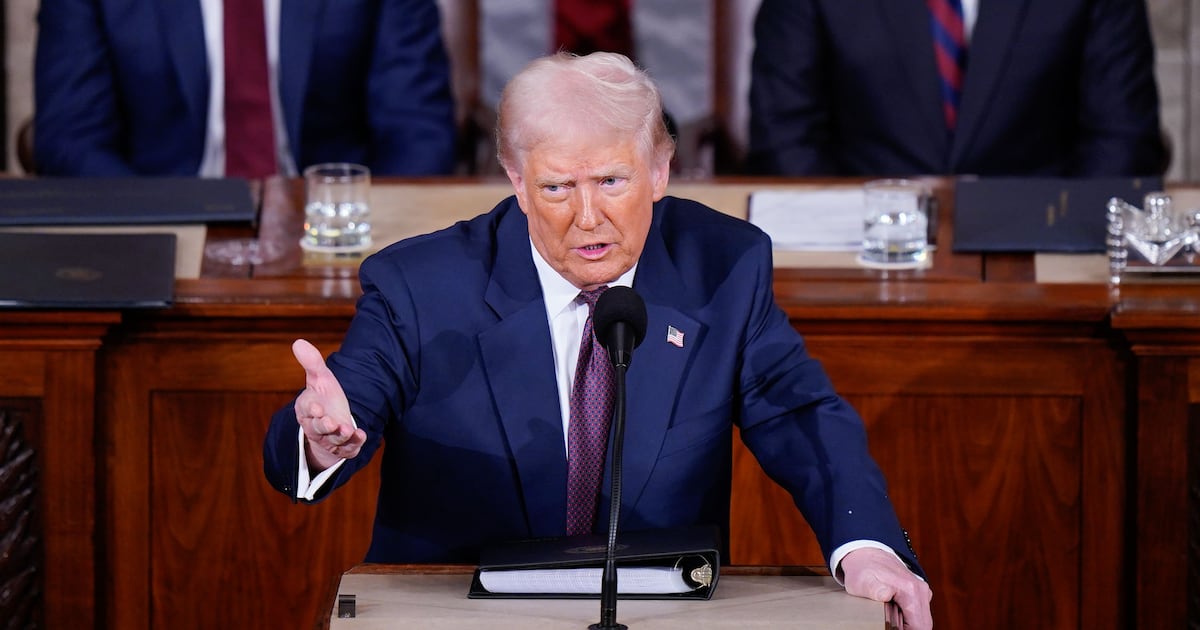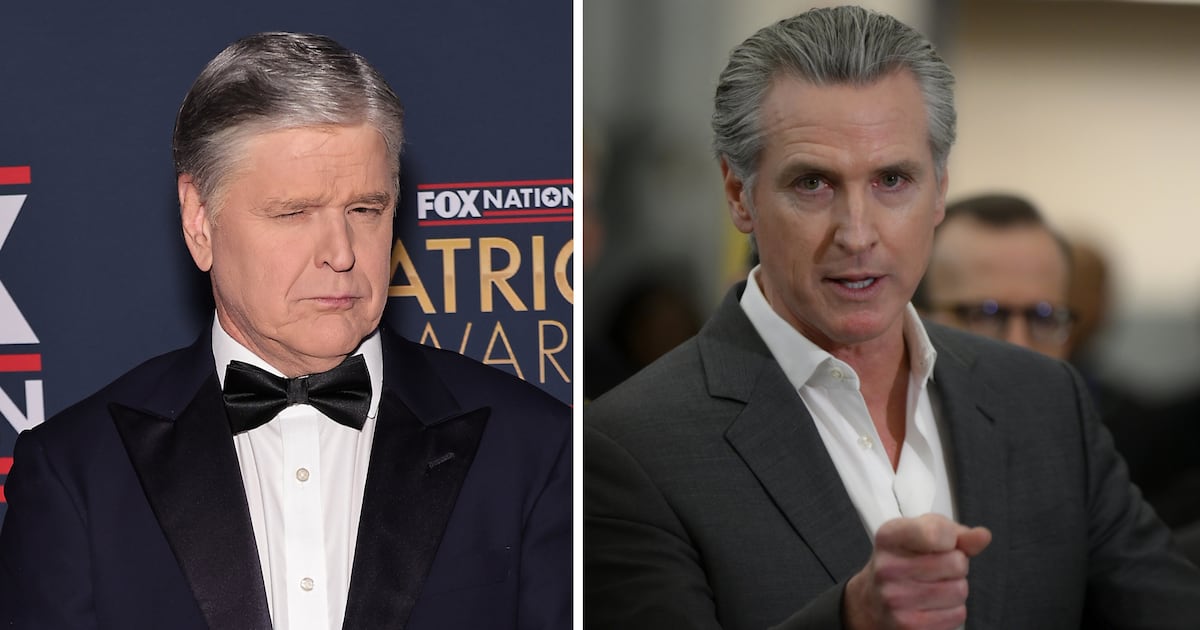UPDATE 4:42PM: Several phrases in an earlier version of this story were substantially similar to ones in an unbylined article in the satirical UK weekly Private Eye. Such similarities are, of course, unacceptable. The lines have been struck out below.
It may shock you to learn that reporters around the world idealize American journalists. True, we think they are sexless, joyless prigs, who can’t drink, can’t write, and possess a self-importance that is in inverse proportion to their talent. For all that (and more) we admire their dedication to upholding basic principles in a news trade where principles are hard to find. I hate to admit it, but they set the gold standard.
“You’ve got one problem, pal,” Ben Bradlee snapped when Bob Woodward wondered if he could reveal the identity of “Deep Throat,” the confidential source who helped Woodward and Bernstein break the Watergate scandal. Watergate was history by the time of their meeting in 2002, Woodward recalled in his affecting discussion of a reporter's duty to his source, The Secret Man. Deep Throat was Mark Felt, who had been an associate director of the FBI at the time Nixon’s goons were burgling their way across Washington. But he was long retired: an 88-year old invalid, suffering from Alzheimer’s disease. Nothing Woodward might reveal could harm him now.
Bradlee, Woodward’s old editor, would tolerate no backsliding. “Do you owe allegiance to a man who is no longer that man who you gave your word to?” he cried. “The answer is yes—an unequivocal yes.”
Magnificent, principled and entirely right.
We thought that the America press for all its faults understood that the requirement to protect your sources was the one rule journalists could never break. Self-interest plays its part in our discretion—confidential sources will not speak to reporters if they suspect they will reveal their identities to the police or their employers. But a reporter’s honor matters as much. You’ve made a promise. Your sources could lose their jobs, liberty, or lives. You have a duty to protect them.
All of which makes the silence in the American media about the disclosure of sources by Will Lewis and his colleagues before he moved to New York from his native London inexcusable. It is not as if he is just another Brit on the make trying to hustle a living in the New York media. Lewis is a powerful man—Rupert Murdoch made him the CEO of Dow Jones, publisher of The Wall Street Journal.
In Britain, no news organization has ever before gone through its records and handed over sources who are entitled to legal protection. The idea that any American outlet would do the same remains unimaginable. The British human-rights lawyer Geoffrey Robertson said journalists working for Murdoch and Lewis could complain to the British Press Complaints Commission, the country’s media regulator, about a breach of its rule that newspapers have a “moral obligation” to protect their sources, so extraordinary was their behavior.
To no avail. Newspaper ethics were up against commercial imperatives, and there could only be one winner.
As I write yet another journalist Murdoch disclosed in is waiting to hear if his appeal has succeeded. When the scandal broke about the systemic hacking of the phones of celebrities by Murdoch’s British reporters in 2011, NewsCorp faced intense political and legal pressure. It wasn’t just that British politicians, who had groveled before Murdoch, were now forced to condemn the old brute, and set up a public inquiry into his empire. The law threatened to destroy his business. Murdoch had to close the News of the World—the salacious tabloid which destroyed any optimism about human nature by being the biggest selling newspaper in Europe. Its reporters and editors, and the senior staff of the News of the World’s sister paper, the Sun, went on trial for their party in the hacking of celebrities’ phones. But most seriously of all from Murdoch’s point of view, prosecutors in London were considering a corporate prosecution of his British interests, which could threaten Murdoch’s vastly more profitable U.S. businesses too.
In 2012 Gerson Zweifach, the group general counsel of News Corp, flew to London for emergency talks with the police. According to Scotland Yard, he told its officers: “The downstream effects of a prosecution would be apocalyptic. The U.S. authorities’ reaction would put the whole business at risk.”
A British prosecution would be difficult, but not life-threatening. We are soft on corporate crime here and soft on the causes of corporate crime too. The U.S. Justice Department would have been a far graver proposition. One analysis from News Corp in the U.S. said an investigation could “kill the corporation and 46,000 jobs would be in jeopardy.”
News Corp told Lewis, then the general manager of his UK newspaper operation, to “drain the swamp” by giving the authorities everything they could conceivably want. Lewis joined an investigative body called “the Management and Standards Committee,” which went through millions of internal memos, emails and expenses claims compiled by Sun and News of the World reporters in London.
Crucially, Lewis and his colleagues did not confine themselves to naming the names of phone hackers and wire tappers. As The Guardian reported, he disclosed information about journalists who had done what journalists do the world over: persuade confidential sources to reveal the misdeeds of government.
Nigel Rumfit, the defense lawyer for one of the abandoned Sun reporters, sent me a transcript of his closing statement delivered at the Kingston Crown Court in south-west London. Lewis, he said, gave detectives access to “sensitive journalistic information about sensitive sources, which the police would never have been able to obtain lawfully. The prosecuting authorities were spoon-fed evidence by a mighty multinational desperate to save its own skin.”
It wasn’t only evidence of phone hacking Murdoch leaked, but of journalists who had persuaded officials in government, the police and armed forces to talk off the record—sometimes for money, sometimes not. In all, the British state has prosecuted 16 from Murdoch’s Sun tabloid for the common law offense of “procuring misconduct in public office”—a catchall charge that makes any unauthorized conversation between journalists and government sources a potential crime.
Alongside the usual tabloid dross, British journalists and their sources were prosecuted for stories that were clearly in the public interest—revealing that police officers, assigned to protect the families of murdered children, watched child pornography. Fifteen of the 16 Sun reporters have now been acquitted or had their convictions overturned on appeal as senior judges intervened to stop the most serious assault on press freedom in Britain in living memory.
But this is a hollow victory.
I speak with the experience of a journalist working in London when I say that a great silence has descended on the British state. Public officials won’t talk, for they know what happened to, for instance, April Casburn, of London’s Metropolitan Police. She told a Murdoch tabloid that her superiors were moving anti-terror officers onto investigations into phone hacking. It was clearly in the public interest to hear how the force was willing to put the protection of celebs from tabloid reporters above the protection of the public from Islamist bombers. Nevertheless the state prosecuted Casburn, even though she had not asked for money for her story. She was sacked, jailed for 15 months, and now works in a shoe shop.
Lewis, by contrast, was rewarded by Murdoch for successfully diverting the heat from his corporation with a plane ticket to New York and the lavishly paid post of CEO at Dow.
Like all the other reporters and sources Lewis and Murdoch disclosed, Casburn had every reason to think that News Corp would protect her. No less an authority than Lewis himself had piously announced that: “Core to any journalist is the protection of journalistic sources. Whether they are my sources or someone else’s sources.”
Speaking on condition of anonymity—and no, I haven't made that up—a News Corp source told me Will Lewis was just one member of the Murdoch Management Standards Committee, which sifted through emails and named sources. The committee,” I was told, “had a number of members and an independent chair, and… reported to the non-executive members of the Board of Directors of News Corporation. To single out Will Lewis is an unfair and gross distortion of history and the facts.”
I would rather go to jail than reveal the News Corp employee’s name.
I don’t know why The New York Times and the rest of the American press have not asked the hard questions about Lewis. Given that The Wall Street Journal is a competitor, they have commercial as well as ethical reasons for going after him.
I can’t prove it, but I suspect that the type of liberal who defends press freedom does not want to defend grubby reporters on right-wing tabloids and the sources who give them stories. But if they have lost their voice, it is no reason for the rest of us to stay silent.






